Chinese Vice Foreign Minister Chen Xiaodong and the Chinese Embassy in the Philippines on Monday lodged representations with the Philippines over the recent illegal trespassing by Philippine resupply vessels into waters adjacent to Ren'ai Jiao.
The situation in the South China Sea will continue to escalate in the near future, especially with the U.S. support of the Philippines' provocations, experts told the Global Times.
In disregard of China's strong opposition, the Philippines sent a supply vessel and two Coast Guard vessels on Saturday, without permission from the Chinese government, to intrude into the adjacent waters of Ren'ai Jiao in China's Nansha Islands, in an attempt to send construction materials to the military vessel illegally grounded at Ren'ai Jiao.
On Monday, Chinese Vice Foreign Minister Chen Xiaodong spoke with Philippine Foreign Undersecretary Ma. Theresa Lazaro over the phone, lodging a solemn representation regarding the illegal trespassing.
The Philippines is attempting to establish a permanent military outpost on uninhabited islands and reefs in order to achieve long-term illegal occupation, which flagrantly violates the Declaration on the Conduct of Parties in the South China Sea (DOC), goes against the Philippines' own commitments, infringes upon China's territorial sovereignty and maritime rights and disrupts regional peace and stability. China firmly opposes this action, Chen said.
The Philippines has repeatedly flip-flopped on the issue of Ren'ai Jiao, stirring up trouble and causing the situation on the ground to escalate. This is the fundamental reason for the escalating tensions, Chen noted.
Recently, the Philippines has frequently sent military and law-enforcement personnel and government vessels to intrude into the waters and airspace near Huangyan Dao, illegally landing on Tiexian Jiao, infringing upon China's territorial sovereignty, and violating the DOC, he said.
On Monday, the Chinese Embassy in the Philippines also lodged a solemn representation with the Philippine Department of Foreign Affairs regarding the illegal intrusion, noting that the China Coast Guard in response has implemented lawful regulation, interception, and expulsion in a reasonable and professional manner, successfully thwarting the Philippines' scheme.
China has indisputable sovereignty over Nansha Islands, including Ren'ai Jiao, and their adjacent waters. China's sovereignty and relevant rights and interests in the South China Sea are established in the long course of history, and are solidly grounded in history and the law, said the Chinese Embassy. The so-called 2016 arbitration award is illegal, null and void. China does not accept or recognize it.
On Monday's routine news conference, Chinese Foreign Ministry spokesperson Lin Jian said that China has demanded the Philippine side immediately stop infringing and provoking, noting that if they continue to act recklessly, China will continue to take resolute measures to safeguard its territorial sovereignty and maritime rights and interests.
The Philippine side has repeatedly gone back on its words, lacking credibility, seriously violating the commitments made to the Chinese side multiple times, and seriously violating the DOC. Faced with the Philippine vessels' forcible intrusion, the China Coast Guard had to take necessary law-enforcement measures. The on-site operations were legitimate, professional, and restrained, Lin said.
Observers pointed out that the recent series of provocations by the Philippines in the South China Sea are not independent actions by the country, but are supported by the U.S. and its allies.
Two days before the conflict erupted, U.S. Deputy Secretary of State Kurt Campbell, Japanese Vice Minister of Foreign Affairs Masataka Okano, and the Philippine's Lazaro held a consultation meeting in Tokyo to prepare for the countries' first trilateral summit. Right after the conflict, U.S. Ambassador to the Philippines MaryKay Carlson voiced support for the Philippines, saying that the U.S. stands with the Philippines in opposing China's repeated "dangerous actions."
Lin stated that the U.S. has completely disregarded the facts and distorted the truth. The U.S. is not a party to the South China Sea issue, yet it repeatedly interferes in and provokes disputes between China and the Philippines, baselessly attacking and accusing China and attempting to disrupt the regional situation. The U.S. also frequently threatens China with the U.S.-Philippines Mutual Defense Treaty, openly supporting the Philippines in encroaching on China's sovereignty, seriously violating the purposes and principles of the United Nations Charter, and seriously endangering regional peace and stability.
With the recent provocations by the Philippines in the South China Sea, completely disregarding China's opposition, tensions in the region have escalated, Chen Xiangmiao, director of the World Navy Research Center at the National Institute for South China Sea Studies, told the Global Times. At the same time, as the Philippines becomes increasingly irrational, these conflicts have become normalized and internationalized, inevitably leading to long-term conflicts and tensions between China and the Philippines in the South China Sea in the future.
The U.S. support for the Philippines' provocations is another action in its strategy of promoting its small group alliances in the Indo-Pacific region. Currently, it appears that the U.S. military presence in the Philippines will further increase, with the sole purpose of containing China, and the Philippines will escalate its provocations as a result. This will continue until the U.S. learns to accept the power balance between China and the U.S. in the Western Pacific region, Chen noted.
Chen also pointed out that, however, communication channels between China and the Philippines remain open.
"Although the Philippines often refuses to communicate, China always welcomes negotiations and consultations to manage differences, establish cooperation, and rebuild mutual trust," he said.








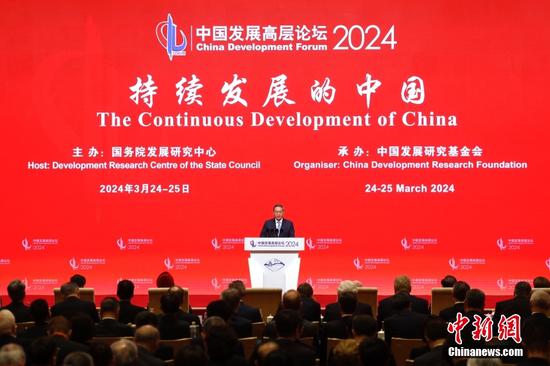



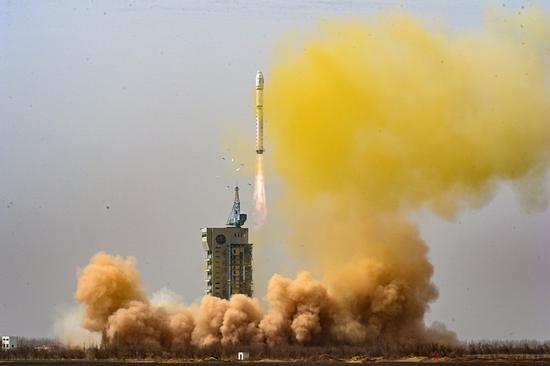



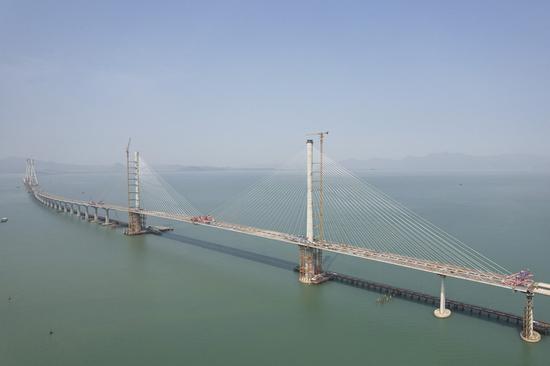




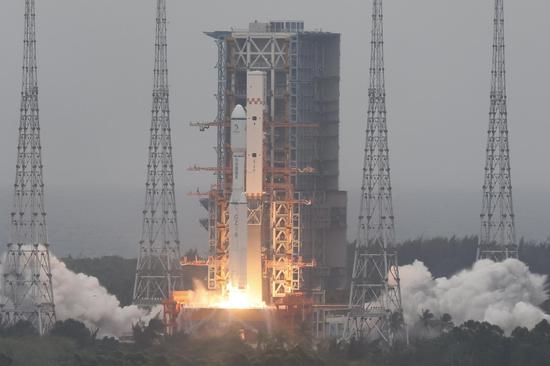


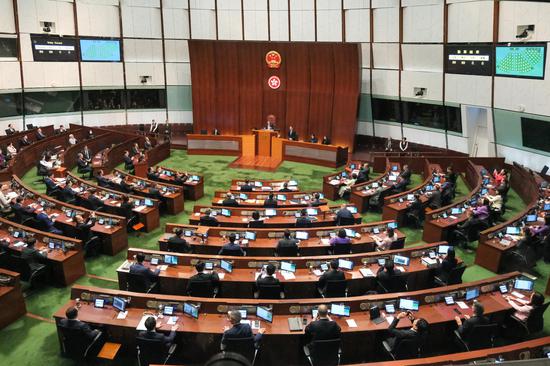

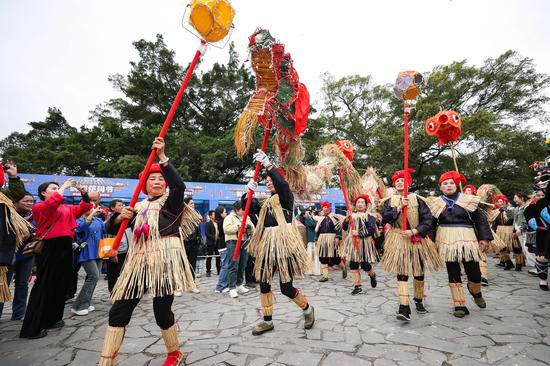









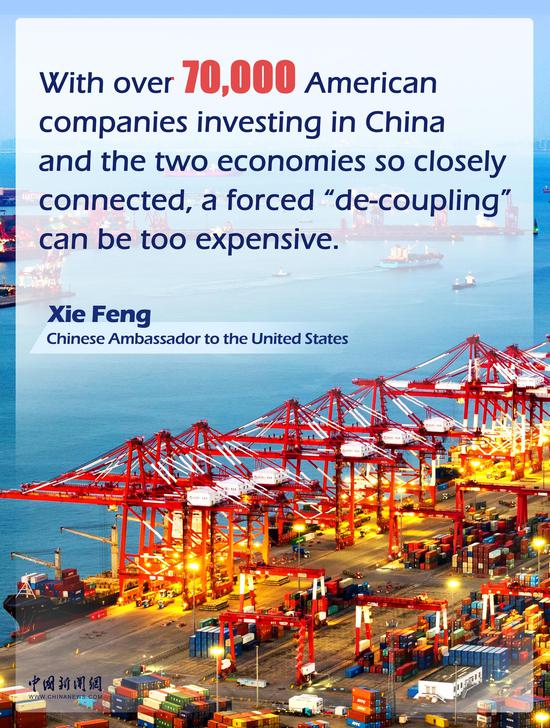
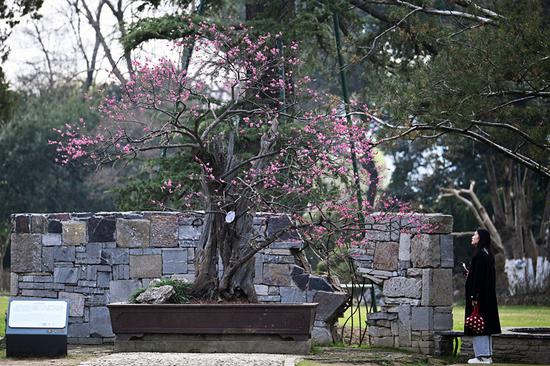
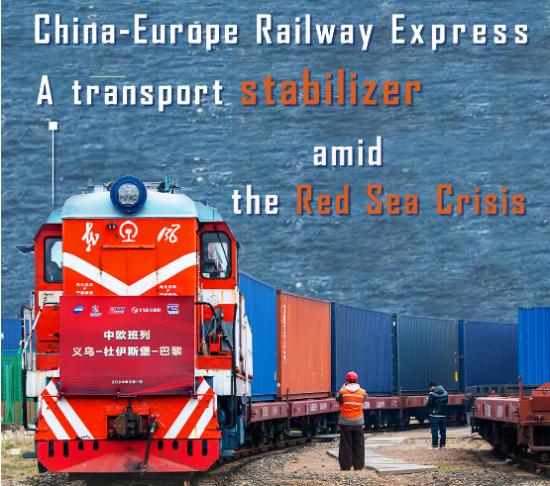





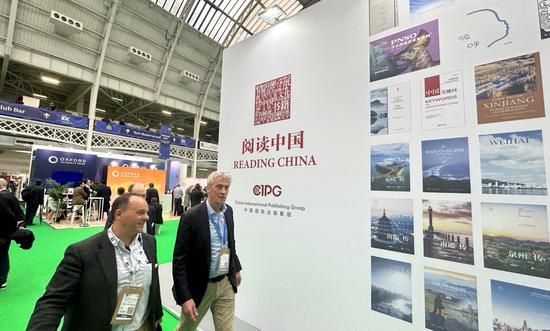





 京公网安备 11010202009201号
京公网安备 11010202009201号